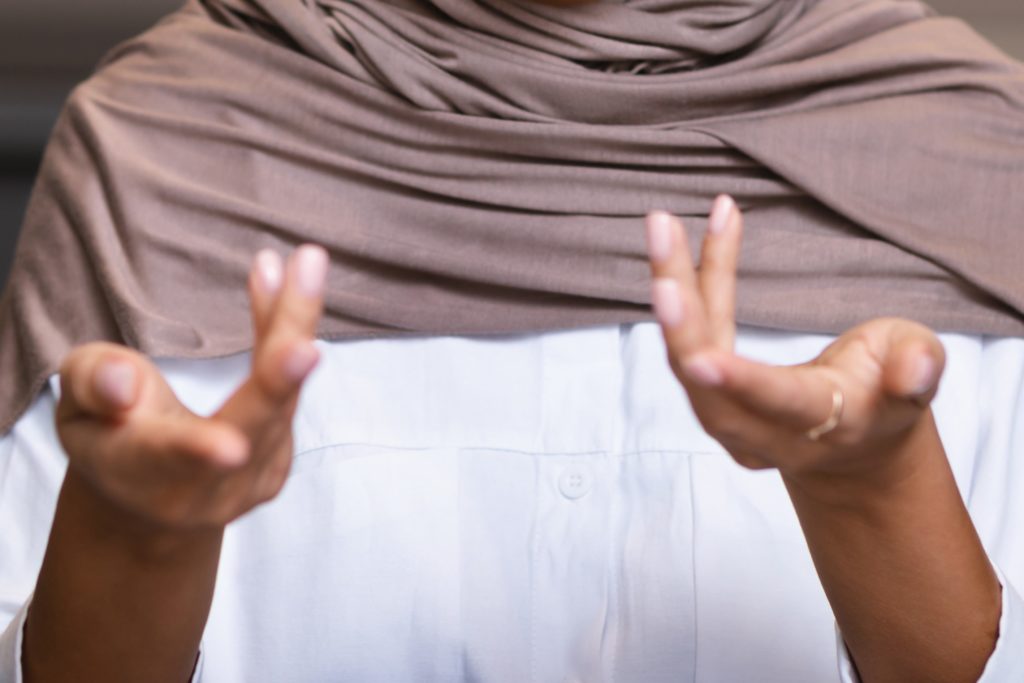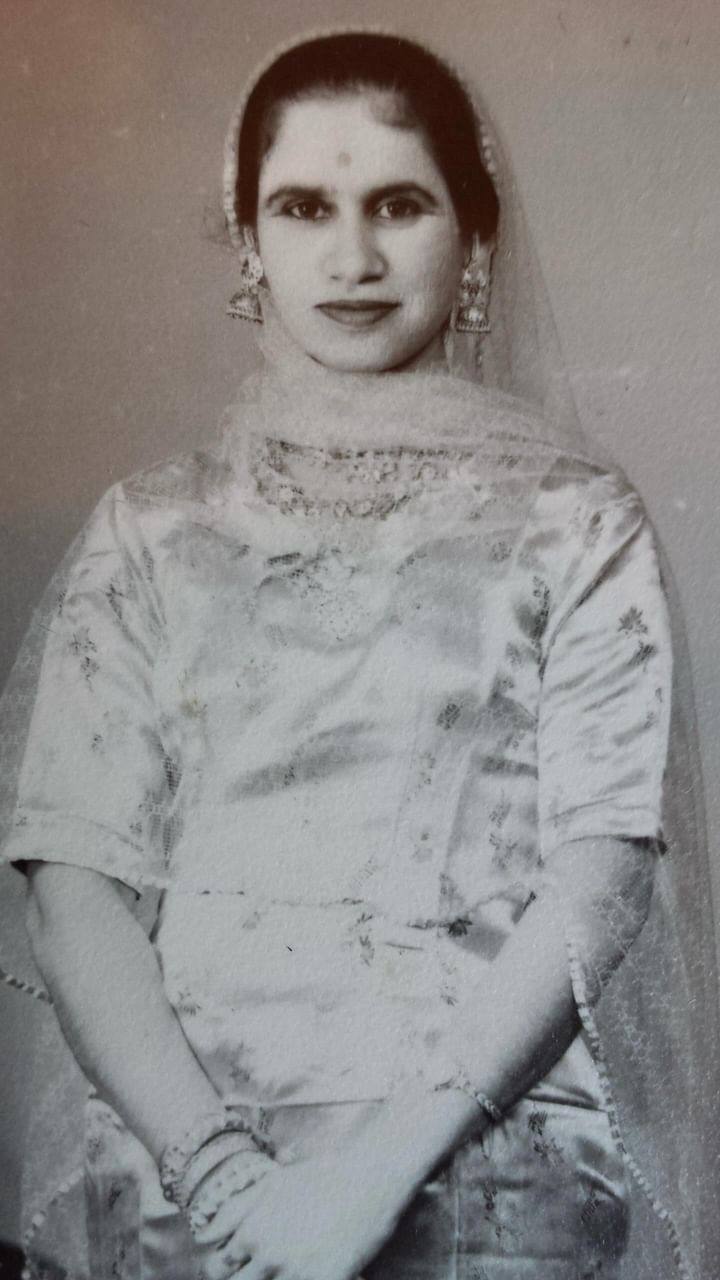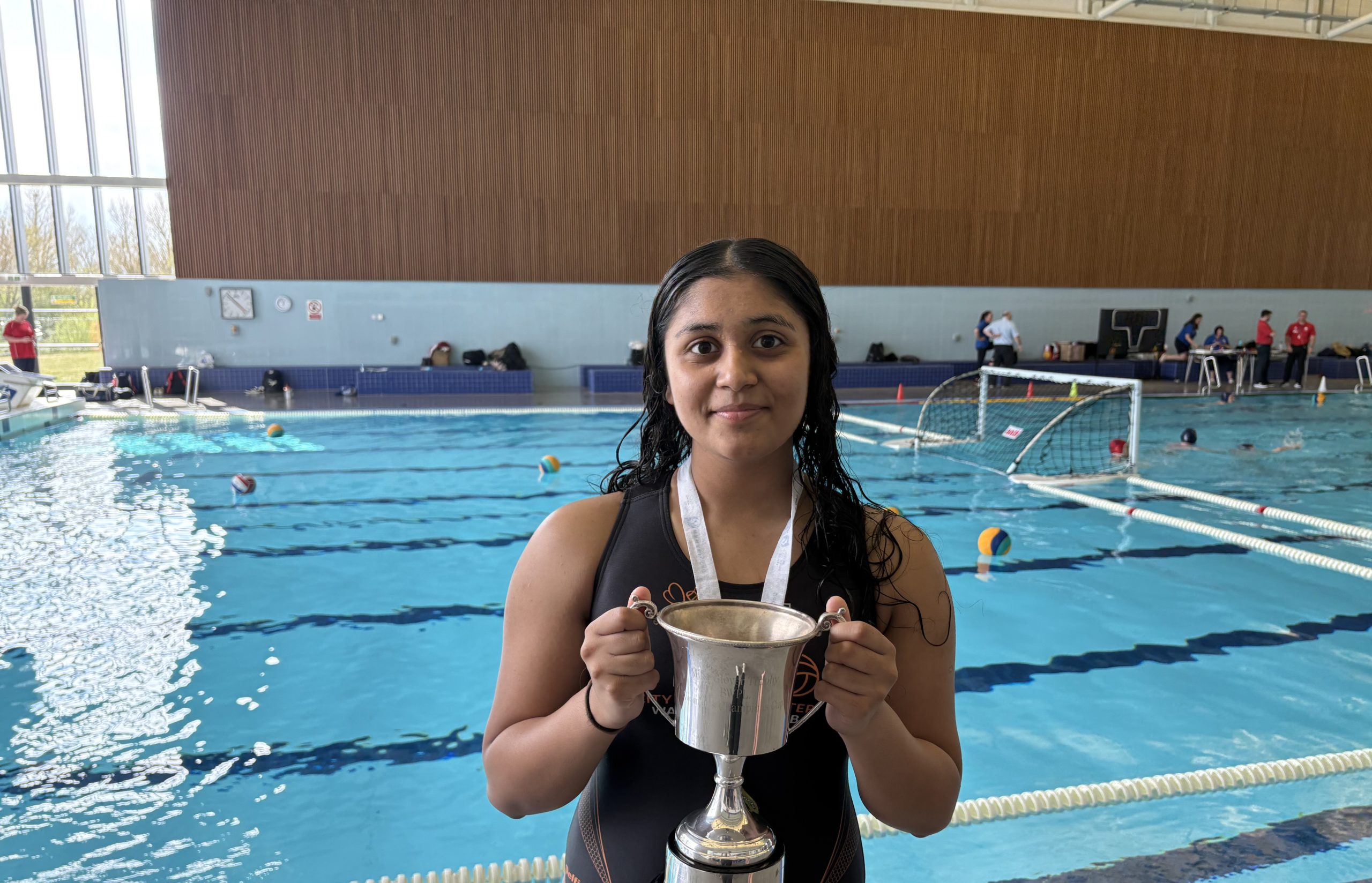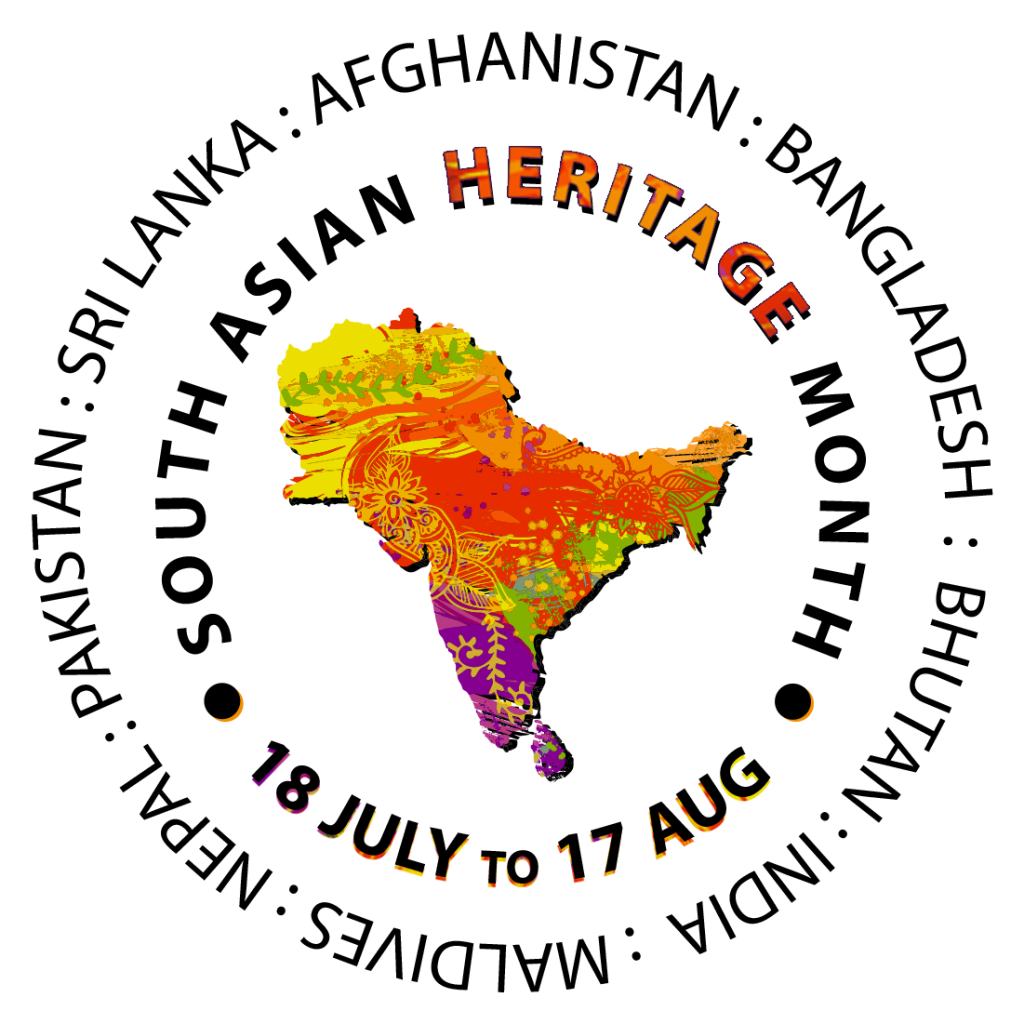I’ve often been asked where I’m from and when I respond in the hope that it’s a sufficient answer to the question, there’s usually the expected follow-up question; ‘yes, but where are you really from?’
It’s a familiar question for most people of colour. Some people respond to the ‘where are you from?’ question stating the area in which they live, wait a beat, and then respond to the inevitable follow-up question of where they are ‘really’ from, inferring a need to state their ethnic origin and provide a more exotic and entertaining answer. Others, like myself, who are at times less patient with the repeated script, have on occasion deliberately named every possible location, other than the information that is being sought. Noting how long it takes for someone to specifically ask where my parents are from is mildly entertaining in an otherwise irritating conversation.
But why is it irritating? People are just interested, right? It’s just conversation. Well, yes, it is conversation but not all conversations are created equal, some are more equal than others and the addition of the adverb ‘really’ is a weighty one.
Awkward Conversations
Let’s look at the context of the question. Generally speaking, when a person is asked where they are from, it is because they are speaking with a new acquaintance or a new colleague in some cringeworthy ice breaker at a conference. The context is therefore logical, people ask questions to get to know one another and small talk can obviously also factor in here. However, it’s not this context in which this particular question is necessarily odd or uncomfortable. It is when, within the same context, someone either asks you directly where your parents are from or worse still, where you are really from. In the first instance, is it just me or is it not a bit strange to be asking quite a personal question? Since when has asking about parents been a part of conversation with relative strangers? Imagine the same conversation happening in a room full of strangers but where everyone is white. The question just wouldn’t arise because frankly, it’s a bit weird. Interestingly, it seems to have become the assumed politically correct way of ascertaining someone’s ethnicity without appearing overtly racist or at the very least racialised in tone. Apparently, it’s just curiosity and for the most part, that’s probably true, but does that make it okay? There are lots of things that I would love to ask people I meet but I know to hold back, if only from a certain level of etiquette but also, just so I don’t seem too weird!
Tell the Truth
The second question is more problematic. Asking where someone is really from implies a number of things. Firstly, that there is a level of deliberate deceit on the part of the respondent, that they have some innate desire to hide the truth due to shame, purporting to be someone or something that they are not. That there is the intention to feign their true identity to be more like the implicitly superior majority, which more often than not would be white people in a UK context. Secondly, the question itself suggests that the questioner has decided that the respondent is not authentically from where they have stated. This shifts the power dynamic somewhat as suddenly; the questioner has the upper hand and has control in a previously innocent conversation. With the addition of the adverb ‘really’ to the question, the questioner has backed the respondent into a corner, and they are then pressurised to provide the answer that is expected. Thirdly, the non-acceptance of the initial answer suggests an illegitimacy of the response itself and strongly implies that the respondent has no right to call this place home. The respondent becomes othered and distanced from their own identity by an external party and when a country has a questionable history in relation to slavery, colonialism and immigration, the power dynamics within this conversation, even if unintentional, are significantly heightened.
This is Me
We can therefore see that this question sits within the complex realm of identity. If I tell you that I am English, having been born in Aylesbury and brought up in Milton Keynes, England, the equation seems relatively straightforward. Until of course you see that I am a brown skinned woman who wears a hijab with a foreign sounding name. The legitimacy of my ‘Englishness’ is suddenly called into question and the label can be a difficult pill for many people to swallow. As a classmate at school once said to me, ‘you’re not actually English though’, a comment which stung more deeply than I had anticipated. I’m also British and feel very much a part of our Nations, but again, am I just a tad too dark and Eastern looking for that label to be accepted? My parents are from Pakistan, my grandparents were from pre-Partition India, and I am a Muslim woman. I am legitimately all of these identities rolled into one interesting concoction and the intricate tapestry of my cultural experience through literature, music, food and language have ensured that I am all of them in equal measure. I love Shakespeare as much as I love the poet Rumi. My go-to takeaway is fish and chips, but I love a samosa too. I’m a fan of Bollywood and Scorsese. My home is Milton Keynes, England and home is also when I hear someone speaking in Urdu.
So, when someone asks me where I’m from, I won’t be offended but my answer is still going to be Milton Keynes or maybe England, perhaps the UK. This is where I’m really from.
As for my heritage and ethnic origin…well, it’s complicated. I’m extremely proud of it, but it’s personal and I should be permitted to share this information on my terms because I don’t need to justify the legitimacy of my identity to anyone.
Farnaz Rais
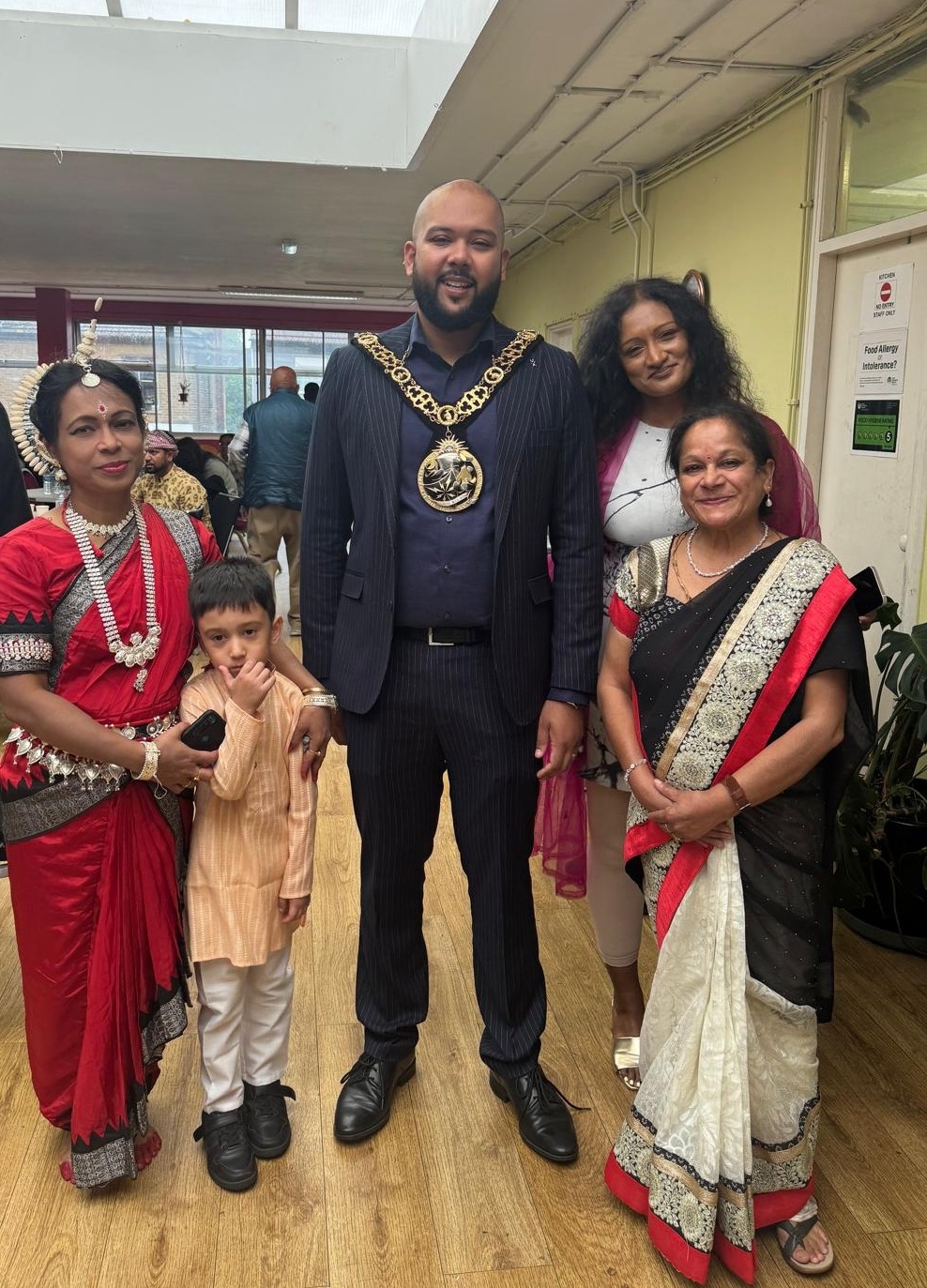
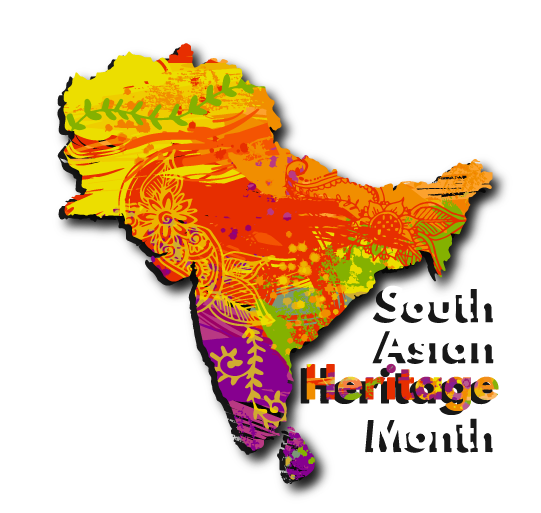 South Asian Heritage Month dates changed to "July" from 2026 — Learn more here →
South Asian Heritage Month dates changed to "July" from 2026 — Learn more here →

